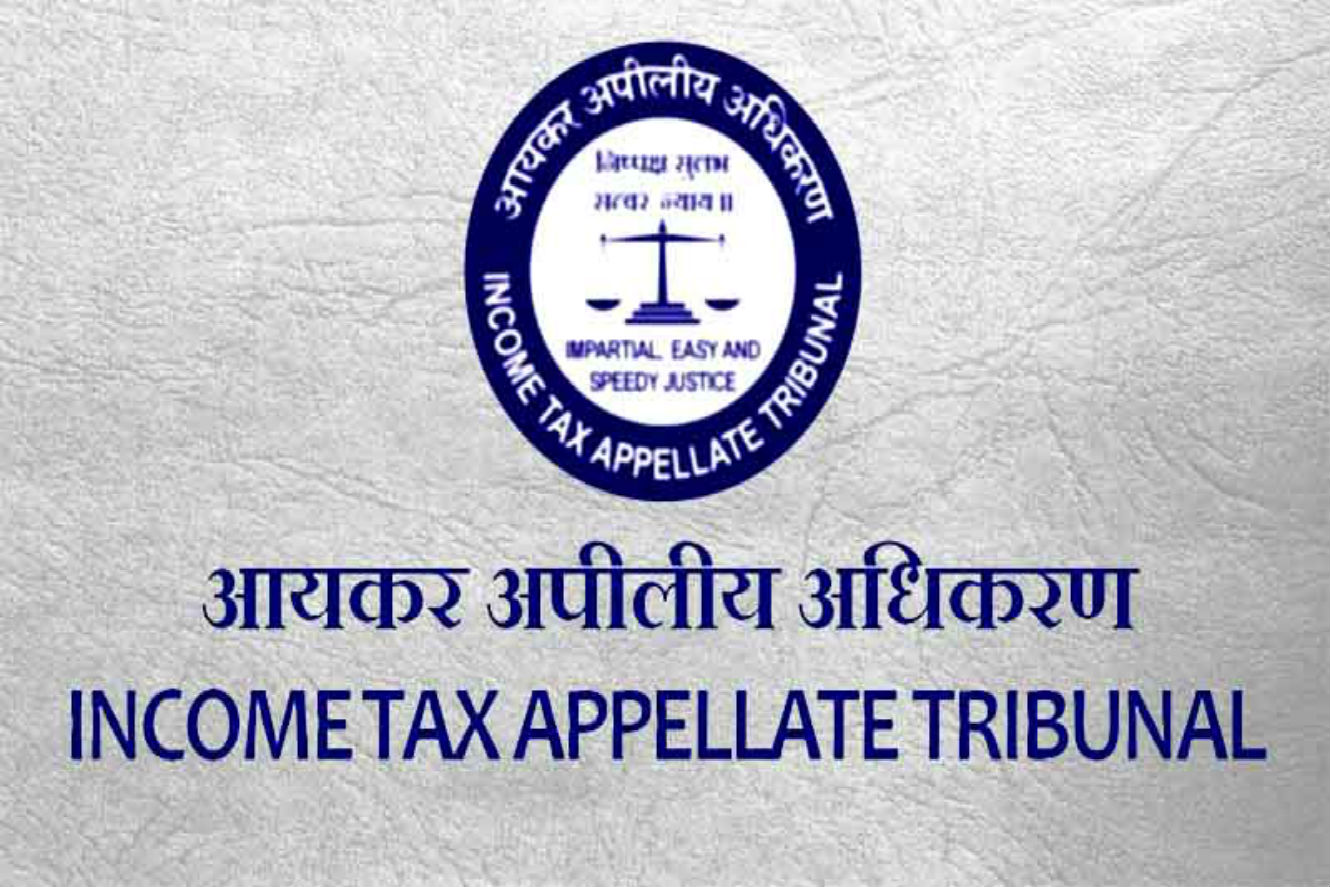Pontifex, J.@mdashIn this case Shadashib Roy has been convicted of criminal trespass punishable u/s 147 of the Indian Penal Code, and Sheosahai has been convicted of abetment of criminal trespass punishable u/s 447 Section 447:---Whoever commits criminal trespass, shall be Punishment for criminal punished with imprisonment of either description for a term which may extend to three months, or with fine which may extend to five hundred rupees or with both. read with Section 109. The facts of the case appear to be as follows:---There is a dispute between Sheosahai and his tenants on the subject of rent. On the day of the occurrence, which forms the subject of these criminal proceedings, Shadashib, the servant of Sheosahai, and a number of other persons, went on the field of the complainant, and prevented him from cutting [27] his paddy. Shadashib was sentenced to pay a fine of Rs. 10, and his master, Sheosahai, was sentenced for abetment to pay a fine of Rs. 100. The Sessions Judge of Tirhoot, on the appeal of Sheosahai, set aside his conviction and sentence; and he has now made a reference to this Court in order to have the conviction and sentence of Shadashib Roy set aside. The Sessions Judge is of opinion, that the facts of the case as shown by the evidenee do not constitute the offence of criminal trespass. We are unable to take this view of the case. It lay upon the accused persons, who set up in their defence that they were acting in the exercise of the legal right of distraint, to show that they had conformed to the provisions of the law, or at least to prove such facts as would raise a reasonable presumption that, even although they had in some respects acted illegally, still what they did was done with the bona fide intention of distraining the complainant''s crops.
2. u/s 72 of the Rent Act, the distrainer is bound to serve the defaulter with a written demand for the amount of the arrears, together with an account exhibiting the grounds on which the demand is made. No attempt was made to show that this was done. u/s 76 of the same Act, if Sheosahai, instead of going himself to distrain, employed a servant to make the distress, he was bound to give such servant a written authority. No attempt has been made to show that such authority was given. There is upon the record some evidence to show that Sheosahai was only one sharer in the estate upon which the complainant was a ryot. Under the provisions of Section 58 of the Rent Act, a sharer in a joint estate in which a division of the lands has not been made amongst the sharers, is precluded from exercising the powers of distraint otherwise than through a manager authorized to collect the rents of the whole estate on behalf of all the sharers in the same. There is nothing to show that the person who is alleged to have distrained the property of the complainant in this case was the manager acting on behalf of all the sharers. We desire, however, to say that we do not give much weight to this last point in deciding the present case, as the evidence does not clearly show whether the estate in which Sheosahai [28] has an interest falls within the above definition. Then, u/s 74 of the Rent Act, standing crops and other ungathered products may, notwithstanding the distraint, be reaped and gathered by the cultivator. Now the evidence shows that Shadashib Roy and the men with him prevented the complainant from cutting the paddy, and this they clearly had no right to do even if they were acting bond fide in the exercise of the power of distraint. It was said by one of the witnesses for the defence, that Sheosahai had called upon the ryots to produce receipts for the rents lodged by them in Court, and that as they failed to do so their crops were distrained. The complainant stated on oath that his receipt had been filed in a case in the Civil Court; and if this were so, this was a good reason for not producing it on demand. At the same time it is to be observed that there was on the record evidence that the rent had been lodged in Court. If it were lodged, a notice would have been given by the Court to Sheosahai u/s 47 of the Rent Act. Sheosahai did not deny having received this notice.
3. Having regard to all these circumstances, we think that we ought not to interfere with the conviction of Shadashib Roy, more especially as the fine imposed upon him will probably be paid by his employer, and we further think that the conviction of Sheosahai was not properly reversed.

